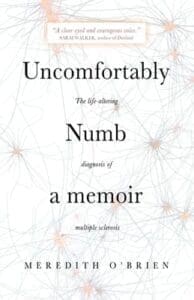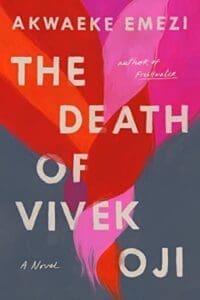Book Blurb:
As a young girl growing up in Vienna in the 1930s, Orly has an idyllic childhood filled with music. Her father plays the viola in the Philharmonic, her mother is a well-regarded opera singer, her beloved and charismatic older brother holds the neighborhood in his thrall, and most of her eccentric and wonderful extended family live nearby. Only vaguely aware of Hitler’s rise or how her Jewish heritage will define her family’s identity, Orly spends her days immersed in play with her best friend and upstairs neighbor, Anneliese. Together they dream up vivid and elaborate worlds, where they can escape the growing tensions around them. But in 1938, Orly’s peaceful life is shattered when the Germans arrive. Her older brother flees Vienna first, and soon Orly, her father, and her mother procure refugee visas for La Paz, a city high up in the Bolivian Andes. Even as the number of Jewish refugees in the small community grows, her family is haunted by the music that can no longer be their livelihood, and by the family and friends they left behind. While Orly and her father find their footing in the mountains, Orly’s mother grows even more distant, harboring a secret that could put their family at risk again. Years pass, the war ends, and Orly must decide: Is the love and adventure she has found in La Paz what defines home, or is the pull of her past in Europe–and the piece of her heart she left with Anneliese–too strong to ignore?
My Review: 4.5 stars
Exile Music was an unexpected and pleasant surprise. Between knowing that this was a WWII book and that music was involved, I made an assumption as to what this story was about. Boy was I was wrong. This book introduced to the Viennese people that escaped the Nazis by way of Bolivia. I had no idea that this country took in refugees, which in turn, saved many lives.
As a child, Orly, our protagonist and narrator, saw the rise of antisemitism in every aspect of her Viennese life – with her friends, during school and with merchants, etc. Through her young, naive eyes she saw things get worse and it was after Kristelnacht (the night of broken glass) that her family knew they had t0 flee to South America. She was fiercely against going to Bolivia because she couldn’t imagine leaving her best friend Anneliese. The two were increcibly close. I found their friendship well depicted and I felt their bond, even at a young age.
While in Bolivia, Orly struggled with acceptance as not all Bolivians were happy about the impact that the refugees were making on the economy. I learned so much about the Bolivian culture, their history, and their holidays. That was an added bonus for me as I was able to capture a vivid picture of what life was like.
I found Steil’s writing compelling and fluid as Orly told her story from a much older vantage point. The characters all showed growth, even the minor players. I ached for her mother’s sadness and how it affected Orly.
This book had many themes running through it – secrets, mother/daughter relationships, mental health, music, acceptance, friendship, romance, war, depression, LBGTQ and second chances. This was a well written WWII book from a new angle. Will definitely recommend it.
Quotes I liked:
Some truths are not worth the cost of telling.”


















